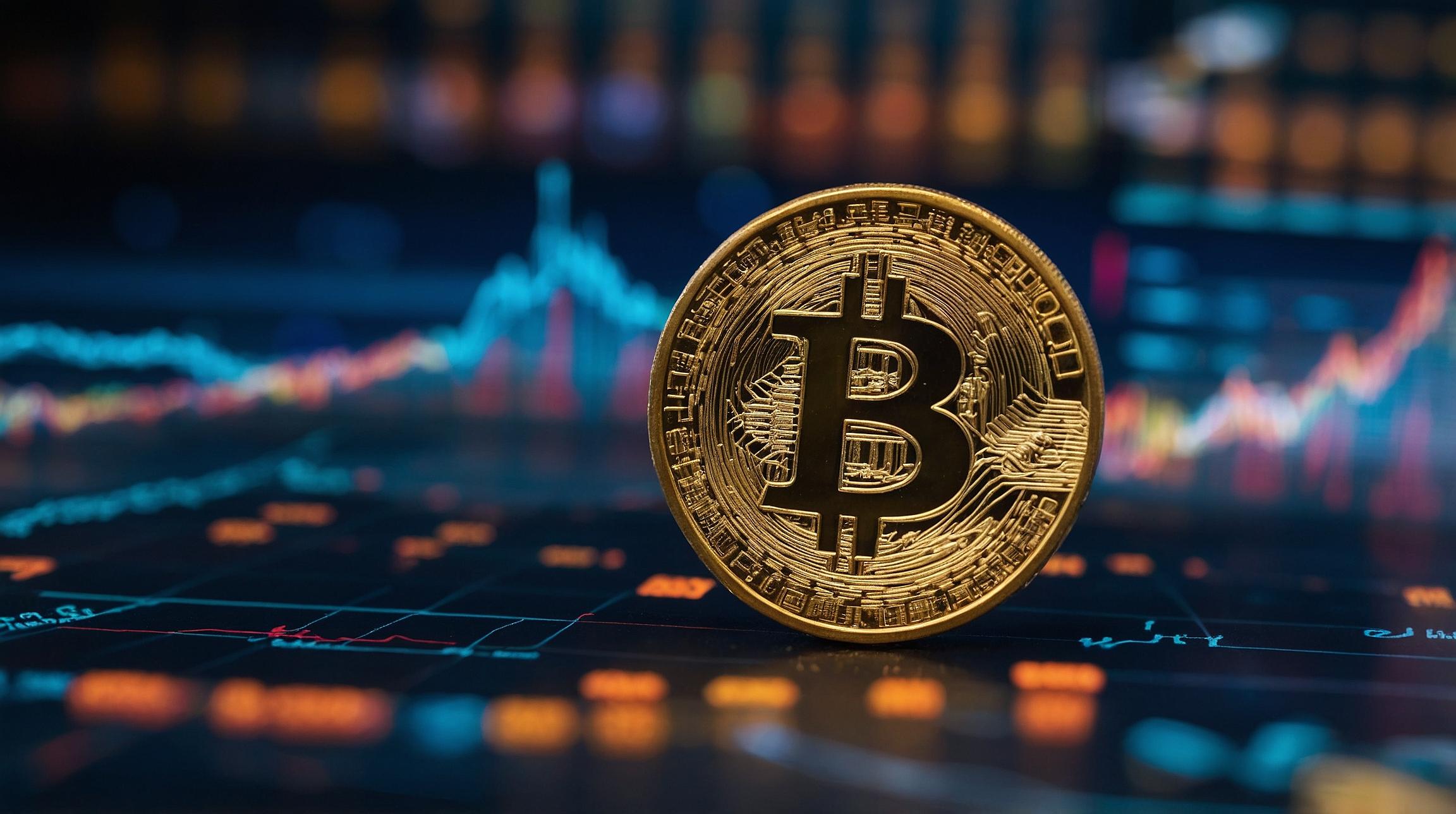BlackRock Explores Blockchain Tokenization of ETFs
BlackRock, the world’s largest asset manager, is reportedly considering the tokenization of exchange-traded funds (ETFs) on blockchain platforms. This initiative follows the robust performance of its spot Bitcoin ETFs and aims to extend tokenization beyond cryptocurrencies to funds tied to real-world assets (RWA), according to sources cited by Bloomberg.
Potential Benefits and Regulatory Challenges
Tokenizing ETFs could enable trading beyond conventional market hours and facilitate their use as collateral within decentralized finance (DeFi) ecosystems. However, BlackRock’s plans must navigate significant regulatory frameworks before implementation.
Existing Tokenization Efforts and Industry Collaboration
BlackRock is not new to tokenization. It currently manages the BlackRock USD Institutional Digital Liquidity Fund (BUIDL), the largest tokenized money market fund, valued at $2.2 billion and deployed across Ethereum, Avalanche, Aptos, Polygon, and other blockchain networks.
JPMorgan has recognized tokenization as a “significant leap” for the $7 trillion money market fund industry. It highlights an initiative involving Goldman Sachs and Bank of New York Mellon (BNY Mellon), which BlackRock is set to join. This project enables BNY Mellon clients to hold money market fund shares directly on Goldman Sachs’ private blockchain, enhancing transparency and efficiency.
Context: Traditional Finance Responds to Blockchain Innovations
The rise of tokenized money market funds coincides with growing pressures on traditional finance systems, particularly from the rapid adoption of stablecoins and liquidity migration to blockchain-based markets. The US banking sector has expressed caution over yield-bearing stablecoins, fearing disruption to conventional banking models. Notably, these stablecoins were excluded from the US GENIUS Act, the first comprehensive regulatory framework addressing stablecoins.
JPMorgan strategist Teresa Ho emphasized that tokenized money market funds could continue attracting capital while improving their utility as collateral. She noted that such funds allow investors to post shares instead of cash or Treasurys without forfeiting interest, enhancing the flexibility of money market instruments.
Analysts suggest that the regulatory clarity provided by frameworks like the GENIUS Act will ultimately benefit tokenization by establishing stronger on-ramps into blockchain markets.
FinOracleAI — Market View
BlackRock’s exploration of ETF tokenization signals growing institutional confidence in blockchain applications beyond cryptocurrencies, potentially enhancing liquidity and accessibility for traditional asset classes. The collaboration with major financial institutions like Goldman Sachs and BNY Mellon further validates the trend toward tokenized funds.
However, regulatory hurdles remain a key risk factor that could delay or limit adoption. Market participants should monitor regulatory developments and the pace of integration between traditional finance and blockchain-based solutions.
Impact: positive













